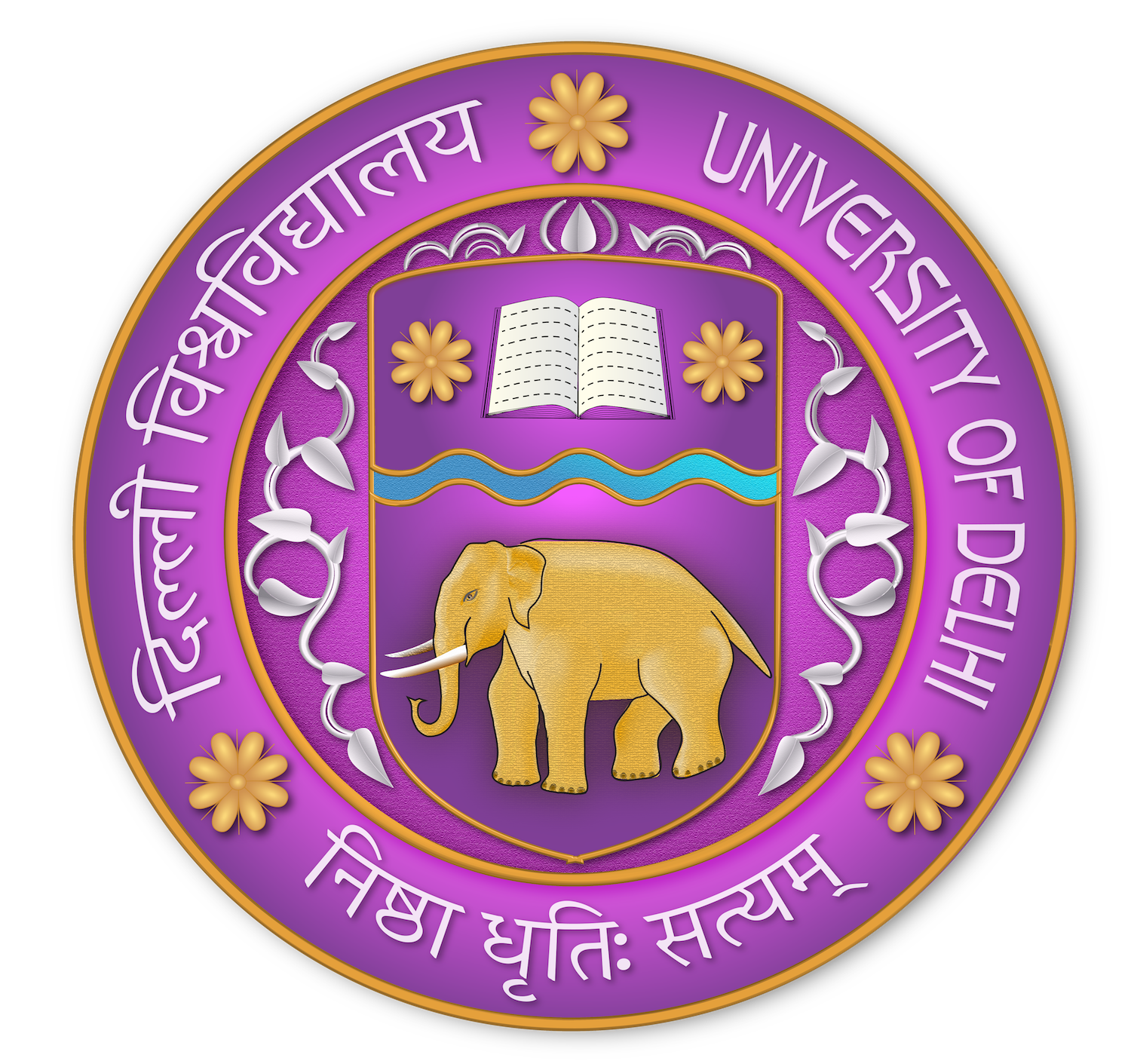
EDITORIAL BOARD
Editor
Harish Trivedi
University of Delhi
Editorial Advisory Board
Arindam Chakrabarti: Philosophy
University of Hawaii
Dipesh Chakrabarty: History
University of Chicago
Veena Das: Sociology
Johns Hopkins University
Sudhir Kakar: Psychology
University of Cologne/University of Goa
Sheldon Pollock: Sanskrit
Columbia University
Rupert Snell: Hindi
University of Texas at Austin
Robert J. C. Young: English
University of Oxford/New York University
Editorial
The Delhi University Journal of the Humanities and the Social Sciences, of which this is the inaugural issue, sets itself a twin agenda. It seeks to publish some of the best research and scholarship from anywhere in the world while it also proposes to project and promote the research being produced in India and in particular in the University of Delhi by our senior as well as younger colleagues and researchers. We must realistically and modestly acknowledge that at present there exists a gap between our two objectives and that we may have a steep curve to climb. An enabling beginning may perhaps be made by putting the best in the world and what aspires to join it one day both within the same covers if not quite on the same page – as this journal seeks to do.
No new journal could hope to get off to a better start than we do. Our opening article is a contribution by Gayatri Chakravorty Spivak, one of the foundational theorists of our times of postcolonial studies, feminism, and post-structuralism, whose work has exercised global influence and who emphasizes in her essay here the importance of the locally and historically specific in an increasingly borderless world. Our other invited article is by Vijay Mishra, author of widely circulated books on the Indian diaspora and on Hindi cinema, whose contribution here combines both those concerns and uses privileged access to the manuscript archives of the iconic postcolonial writer Salman Rushdie.
Of the six other articles in this first issue, five are by contributors from the University of Delhi, most of them young researchers including three who are yet to get their doctoral degree, and two for whom this is their first scholarly publication. Our remaining contributor is a young academic from a small college in a small town, Sangamner, which even fellow Indians may find it difficult to place on the map, and which is as local as New York may be global in terms of academic prominence.
Together, these contributors address a wide range of multidisciplinary issues, from the visual politics of the postcolonial to the Dalit representation of the female, the struggle of female street vendors in a metropolis, the medium of tertiary education in India and the politics of language, the Buddhist Tantric conceptualization of goddesses, and the extent to which our gradually evolving syllabi represent a process of imperfect decolonization in the case of the arch-colonial subject of English Studies. And our four book reviews reflect our policy of having scholarship from wherever assessed by our own colleagues in the University of Delhi, which has about ten thousand members of faculty with their respective specializations.
Journals, unlike books, need to grow in successive instalments to fulfil their vision and purpose and to realize their identity. As this journal of ours circulates and word begins to spread, we hope it will find its own place under the global sun and serve as a flagship for our university and our part of the academic world.
Acknowledgements This journal is an initiative of the present Vice-Chancellor of the University of Delhi, Professor Dinesh Singh. We are grateful to the authors of the fifty-seven contributions we received and reviewed for this issue, our referees in the USA, the UK, Europe, Australia and India, our copy-editor, and the Delhi University Computer Centre for its technical support.
CONTENTS
- EDITORIAL BOARD
- EDITORIAL
- GAYATRI CHAKRAVORTY SPIVAK
- VIJAY MISHRA
- CHRISTEL R. DEVADAWSON
- SHWETA SINGH
- APARAJITA SHARMA and DIPJYOTI KONWAR
- RAVINDRA B. TASILDAR
- NARENDRA PANDEY and ASHWIN PARIJAT ANSHU
- PRANSHU SAMDARSHI
BOOK REVIEWS-
-
ASHOK VOHRA
- Tradition and Modernity, the Local and the Global (Kapila Vatsyayan, Plural Cultures and Monolithic Structures: Comprehending India.)
-
NIVEDITA SEN
- Genius and Psychoanalysis (Sudhir Kakar, Young Tagore: The Makings of a Genius)
-
CHARU GUPTA
- Indian Sexualities (Sanjay Srivastava (ed.), Sexuality Studies)
-
SONALI AGARWAL
- Transitory Post-Millennial (E. Dawson Varughese, Reading New India: Post- Millennial Indian Fiction in English.
-
ASHOK VOHRA
-
CONTRIBUTORS
